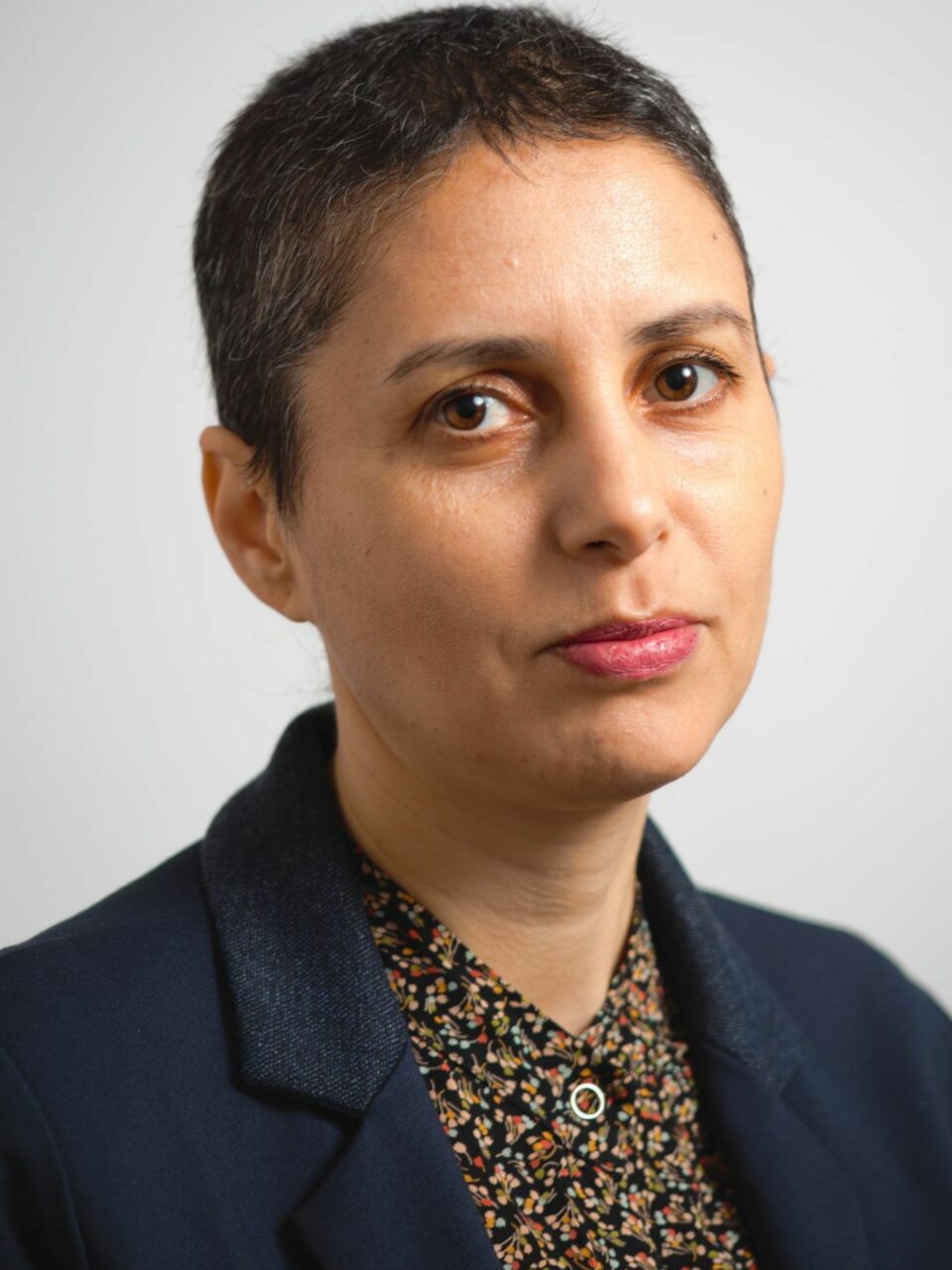
Zahiye Kundos is a scholar of modern Arabic and Middle Eastern Studies. She specializes in the Nahḍa, modern Arabic intellectual, cultural, religious, and literary history. She is also an essayist and public intellectual engaged with contemporary debates on matters of interest to Palestinian and Muslim cultures and societies. Her forthcoming book, Experiencing Islam in Modernity: From ‘Abduh to Mahfouz, examines how iconic Arabic figures have narrated their experiences of being Muslim through journalistic essays, autobiography, and the novel. The book traces shifting reformist approaches and explores the transformation from religious to humanist literary enterprises, engaging with secularism and the role of tradition in modern Arabic thought. Kundos’s interdisciplinary work spans the modern era while remaining deeply engaged with classical Arabic traditions of knowledge. Her current research focuses on motherhood in the Levant, with particular attention to Arabic and Hebrew-Mizrahi cultures and literatures.
Most recently, Kundos was a Research Associate in Arabic Studies at the Leibniz Institute for Jewish History and Culture – Simon Dubnow in Leipzig (2023–24) and a Visiting Professor at Ludwig-Maximilians-Universität in Munich (2025). She has received fellowships from the Minerva Stiftung (2021–23); Forum Transregionale Studien (EUME), affiliated with Freie Universität Berlin’s Seminar für Semitistik und Arabistik (2020–25); and the School of Cultural Studies (2018–20) and Minerva Humanities Center (2014–18) at Tel Aviv University. She has also taught at Tel Aviv University (2018–20) and Sapir Academic College (2016–24). Her recent publications include “Amīna and the Breaking of the Secular Silence: Revisiting The Cairo Trilogy by Naguib Mahfouz” and “Beginnings, Belongings, and Political Anxieties” (both in Political Theology, 2024).
A committed teacher who strives to pass on her knowledge to the young generations, Kundos’s classes demonstrate the constructed nature of narratives and convey the historical contexts in which they were developed, encouraging students to critically reexamine the materials they study and carefully make necessary modifications according to the concerns of their times. Her teaching philosophy maintains a balance between preserving traditions of knowledge and fostering innovation—or, put simply, explores how to innovate within traditions.